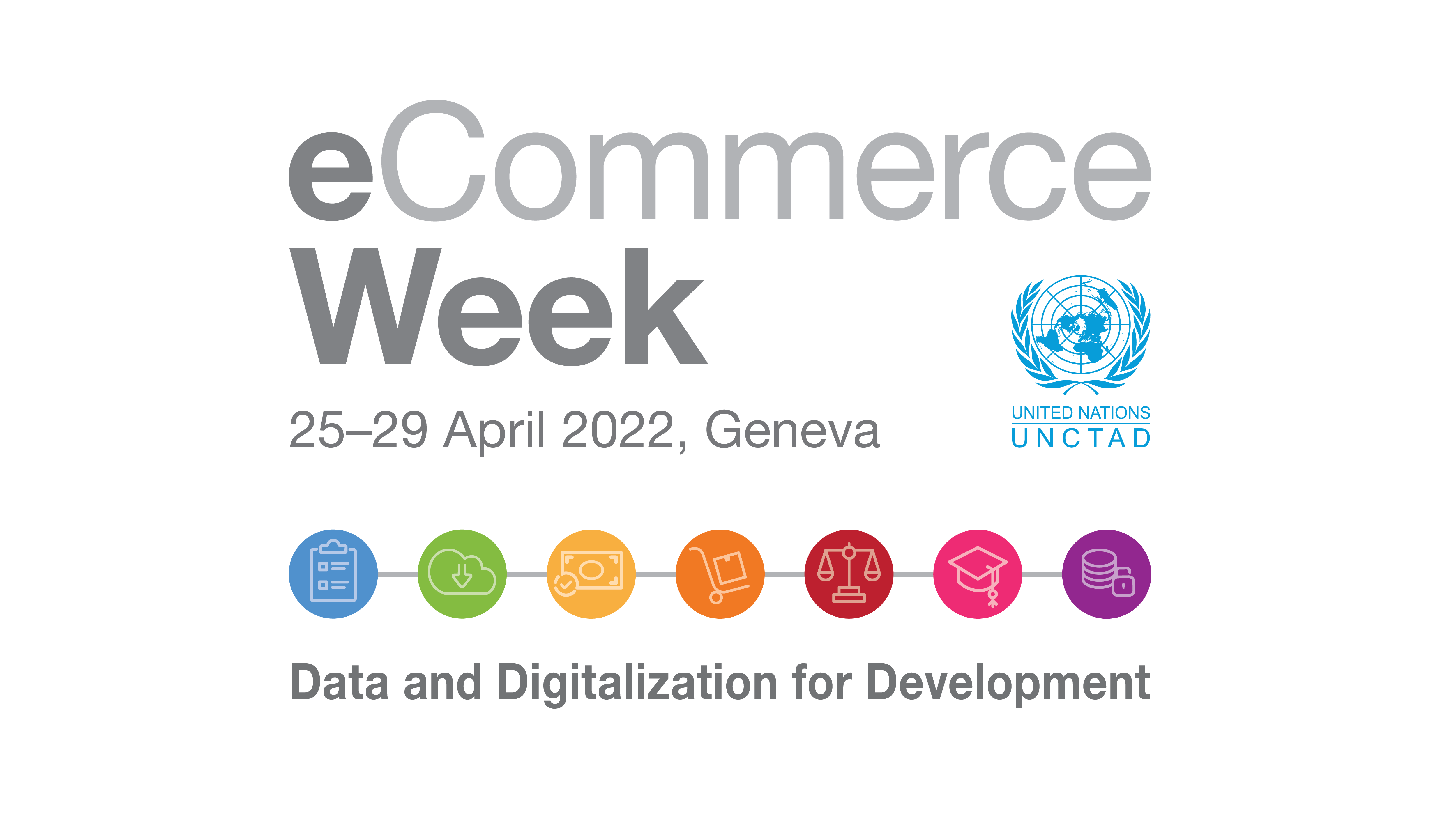The AfCFTA and data governance frameworks in Africa
28 Apr 2022 11:00h - 12:00h
Event report
This panel discussed the role of data governance in promoting the vision of the African Continental Free Trade Agreement (AfCFTA). While it had been envisioned that issues of data governance would be negotiated under the e-commerce protocol in the third phase, the COVID-19 pandemic emphasised the need for digital technologies in cross-border trade. The African Union Council of Ministers in Charge of Trade therefore brought forward e-commerce negotiations to the second phase. They also expanded the framing from e-commerce to digital trade, incorporating broader issues such as digitally ordered and digitally delivered goods and services, e-customs, and data governance.
The discussions of this panel featured pertinent issues in the digital trade negotiations, including opportunities and challenges. Participants were also appraised of the progress of the negotiations. The panel was moderated by Ms Trudi Hartzenberg (Executive Director, Trade Law Centre (TRALAC)). Speakers were Ms Emily Mburu-Ndoria (Director, Trade in Services, Investment, IPR and Digital Trade at African Union (AU)) working on the African Continental Free Trade Area (AfCFTA), Mr Ify Ogo (Regional Coordination Specialist at UNDP), Ms Melissa Omino (Acting Director, Centre for Intellectual Property and Information Technology Law, Strathmore University), Mr Francis Osifo (co-founder of 54Gene, Africa’s first genomic company), and Mr Richard Boateng (University of Ghana Business School.
On the progress of negotiations, participants were informed that the plan was to conclude negotiations by September 2022. To date, a committee to lead the negotiations has been appointed and exploratory and preparatory work is ongoing. This includes identification of significant issues, situational analysis of the member states, and development of technical papers. Some of the issues that the negotiation will focus on include data governance, data protection, data localisation. Other related issues are intellectual property rights and competition.
From the perspective of small and medium enterprises (SMEs), as well as that of researchers, while these are important issues, in reality, e-commerce and digital trade continues. This is not unusual, as in many cases, innovation happens before regulation. However, regulators need to be aware of such innovation and to make regulation in a consultative manner. Examples of regulators who create rules with short periods of compliance were cited as bad precedents.
Another issue that is a challenge for SMEs is the fragmentation of regulation across the continent, where some countries have regulation and others do not. The question of harmonising regulations was therefore mooted. Panellists had different views. On the one hand, varying conceptualisations on specific issues regarding data were voiced; for example, what is data justice? What vision of the data economy would be most beneficial to African citizens? Should data be localised or should it flow freely? These are issues that negotiators would have to consider and propose workable solutions to AfCFTA state parties.
In considering these issues, negotiators were urged to consider issues such as existing laws in various countries and their suitability for the digital era as well as for African realities. Apart from the law, practicalities such as data localisation in the face of limited infrastructure should also be considered. An example of an e-pharmacy policy in Ghana was given. While the policy called for data localisation, many pharmacies actually depended on foreign cloud companies for data processing.
All in all, the panel emphasised the need to consider citizens and the vision of AfCFTA in negotiations. Instead of thinking of data as an abstract phenomena, it should be related to the data subject. Along these lines, data governance would result in opportunities for innovation and betterment of life for groups such as African women and youth.
By Grace Mutung’u
Related event

